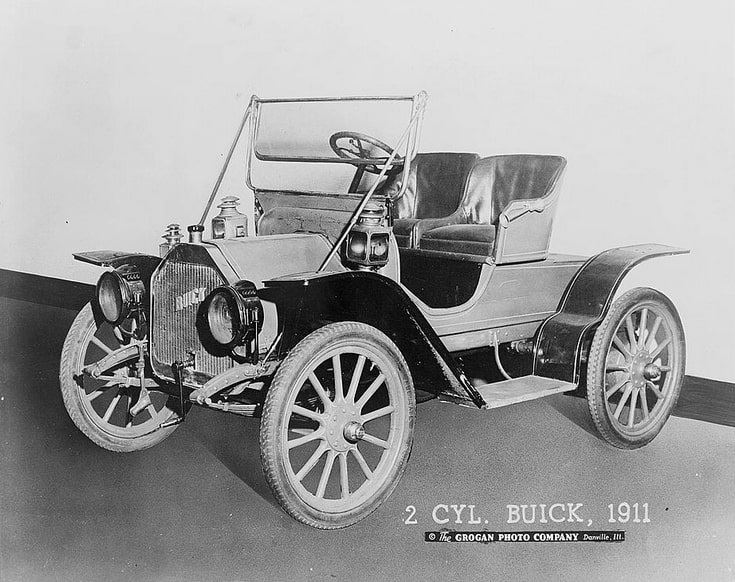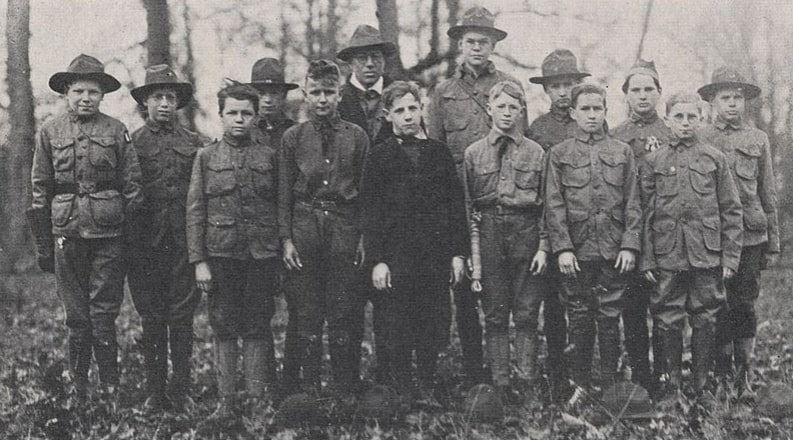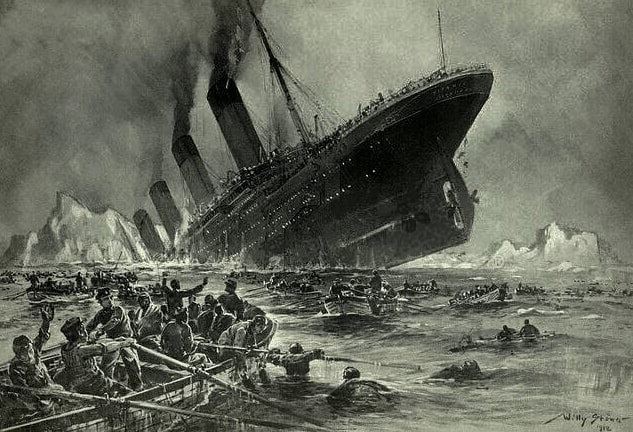The early part of the 20th century was by no means easy. Wars, famine, and revolutions were a common theme in the 1910s. However, there were also many breakthroughs to celebrate, especially in the areas of science, culture, and the arts.
Here are a few facts to give you a glimpse at what happened in 1910 in the USA and around the world.

1) Cars Were Rare
Talk about traffic-free! In 1910s America, there were roughly only 8,000 cars on the road, and in 1904 only 141 miles of the country’s rural roads were paved. Yes, that’s the entire United States! And another fun fact of 1910 is that the speed limit was just 12 mph in most cities.
2) Giving Birth at Home Was the Norm
Throughout the 1910s, nearly 95% of all births were done at home with the help of midwives (or doctors for wealthier families). That started to change in 1914 with the introduction of the first maternity hospital – but even then, births at hospitals weren’t the norm. Plus, more than 90% of the doctors during this era didn’t even go to medical school!
3) Illiteracy Was at an All-Time High
It’s hard to imagine an illiterate America, but that was a big problem way back in the 1910s. During that time, almost 20% of the population didn’t know how to read or write, and only 6% ever graduated from high school!

4) The Boy Scouts Were Founded
W. D. Boyce founded the Boy Scouts on 8 February 1910. The organization aimed to prepare young people in making ethical and moral life choices. The scouting organization is now enormous, with a total of 110 million members to date.
5) Prohibition Was Ratified in America
The nationwide ban on alcohol known as Prohibition was one of the late 1910 events that changed the country’s culture. Prohibition was ratified on 16 January 1919 and wasn’t repealed until 1933. Moonshine and speakeasy bars, both illegal, were the only ways to get intoxicated during this time.
6) Scandal Rocked the Chicago White Sox
One of the most notorious 1910 facts was the Black Sox Scandal, which saw eight players from the Chicago White Sox baseball team banned from the game for life. The reason? They intentionally lost a game to let the Cincinnati Reds win the 1919 World Series.
7) America Entered World War I
If we’re talking about what happened in the 1910s in the world, you can’t avoid discussing World War I, which lasted from 1914-1918. America joined “the war to end all wars” on 6 April 1917. This was when Congress formally declared war on Germany.

8) The Titanic Sank
In the early hours of 15 April 1912, the now infamous passenger cruise ship RMS Titanic sank in the North Atlantic. It was the ship’s maiden voyage and it was supposed to dock in New York City from its departure point of Southampton, England.
9) Arizona Joined the Union
Arizona was the 48th state to join the United States, and the last contiguous state to do so. It was admitted into the Union on 14 February 1912. Alaska and Hawaii, the last two states, would not be incorporated until much later, in 1959.
10) The Great January Comet of 1910
One of the most exciting scientific events in 1910 saw not one, but two comets appear in a single year. One was Halley’s Comet and the other was the unexpected Daylight Comet. Halley’s Comet, in particular, sparked fears over it ending the world. People began to panic-buy masks and “Anti-Comet Pills” during this time.

11) The Oreo Cookie Was Born
The birth year of the Oreo Cookie was 1912. It was developed and produced by the National Biscuit Company (known as Nabisco today) in what is now Chelsea Market in Manhattan. It was first sold by a grocer in Hoboken at 25 cents a pound.
12) Manhattan Was Even More Crowded
Here’s a fun fact of 1910 that’ll make you pleasantly surprised. You probably think that Manhattan in New York City is overcrowded today – but did you know that it’s nowhere near the peak of its population? That distinction belongs to the year 1910, when the census reported 2,331,542 people on the island.
13) A Wrong Prediction
In 1910, the British author Norman Angell wrote his best-seller The Great Illusion. In it he argued that, in the long term, world war was improbable. This was because nations at the time were so dependent on each other for economic prosperity and trade. Of course, we now know that he would be proven wrong twice.
Find Your History with GenealogyBank
The 1910s was certainly a progressive decade for many Americans. If you’re curious about how your ancestors did during this time, you can learn more by using the tools available through GenealogyBank. We offer more than 2 billion genealogy records including newspaper archives, an obituary search, U.S. Census Records, and more!
Explore over 330 years of newspapers and historical records in GenealogyBank. Discover your family story! Start a 7-Day Free Trial
Related Articles:
